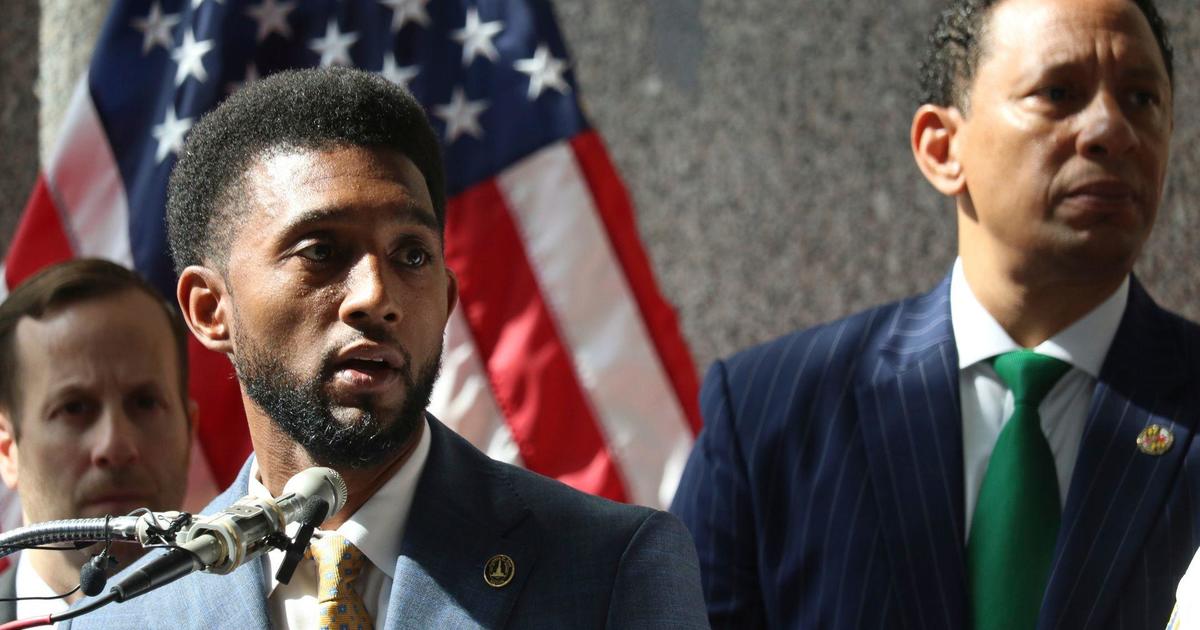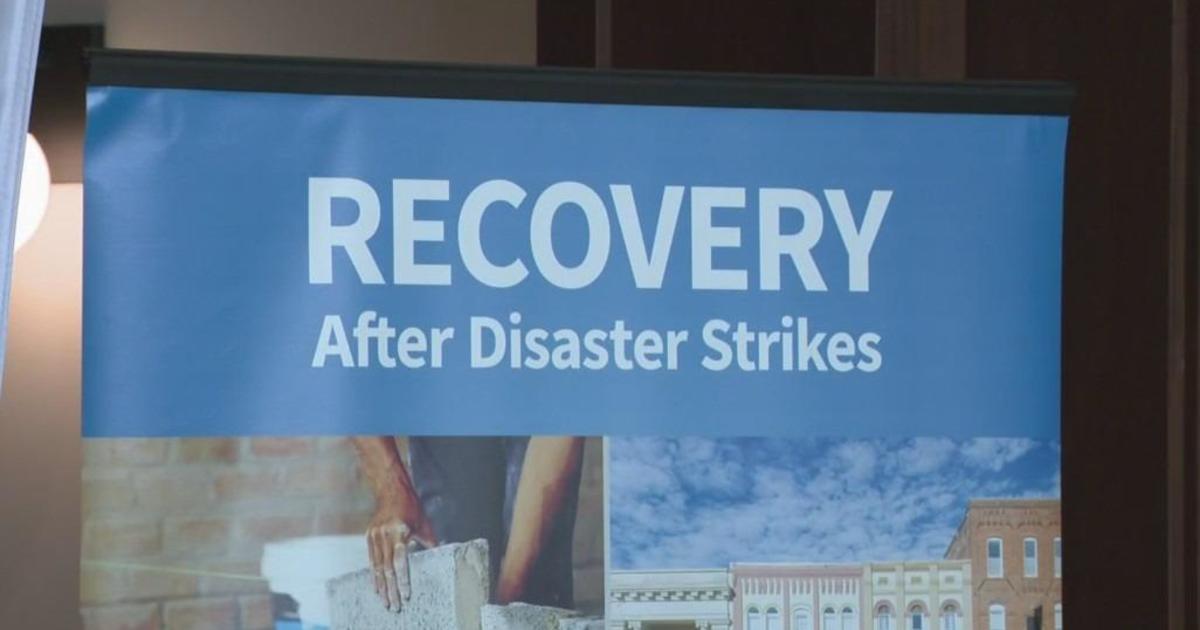Ford Finally Explains Why They Had A Man Dress Up In A Car 'Seat Suit'
BALTIMORE (WJZ) -- Lots of people were confused in August when a D.C. reporter saw a car that appeared to be driver-less, but in fact contained a driver who was dressed up like a seat.
A month later, Ford has explained what that guy was doing.
It was an experiment conducted by the car company and the Virginia Tech Transportation Institute to test pedestrian reactions to autonomous cars.
"Today, a simple head nod or hand wave from a driver is usually enough to indicate it's okay for a pedestrian to cross the street, but in an autonomous vehicle future, how will a self-driving car with no human driver communicate with pedestrians, cyclists or humans operating other cars on the road?" a Ford press release asks.
The fake driver-less car was an attempt to an answer to that question.
They describe their experiment as a "user experience study to test out a method for communicating a vehicle's intent by soliciting real-world reactions to a self-driving car on public roads."
The "seat suit" apparently "creates the illusion of a fully autonomous vehicle, which is necessary to test and evaluate real-world encounters and behaviors," the release says.
In addition to the seat suit man, Ford outfitted the van with a light bar placed on the windshield.
Three light signals were used:
- Yield: Two white lights that move side to side, indicating vehicle is about to yield to a full stop
- Active autonomous driving mode: Solid white light to indicate vehicle is driving autonomously
- Start to go: Rapidly blinking white light to indicate vehicle is beginning to accelerate from a stop
The van was driven on public roads in northern Virginia throughout August, with researchers capturing video and logs of pedestrian reactions.
"This work is of value not only to vehicle users and manufacturers, but also to anyone who walks, rides or drives alongside autonomous vehicles in the future," said Andy Schaudt, project director of the Center for Automated Vehicle Systems at Virginia Tech Transportation Institute. "We are proud to support Ford in developing this important research."
Follow @CBSBaltimore on Twitter and like WJZ-TV | CBS Baltimore on Facebook



